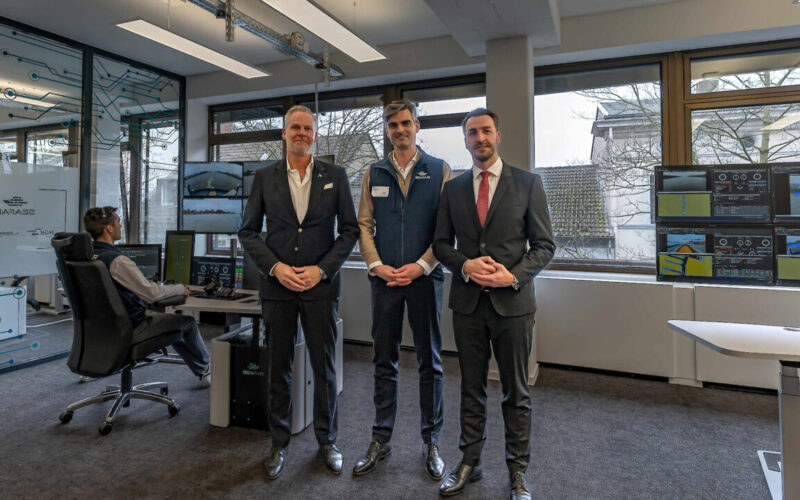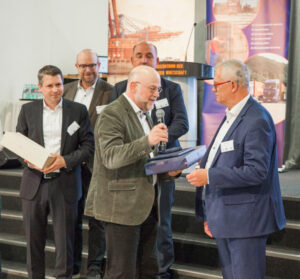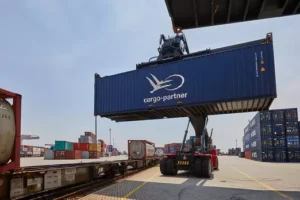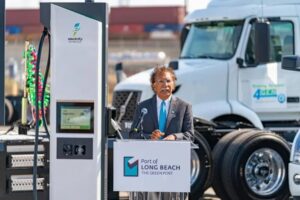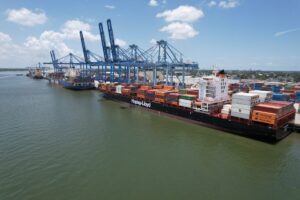SEAFAR has established Germany’s inaugural Remote Operations Centre in collaboration with project partners HGK Shipping and Reederei Deymann.
This centre is set to facilitate the remote control of vessels on inland waterways, addressing the shortage of skilled personnel, according to the Port of Hamburg.
Efforts are underway to leverage existing permits for the Lower Rhine trial and to designate additional waterways for this innovative solution. Presently, applications are being processed for segments of the canal in northwest Germany, along with the Mittellandkanal and other parts of the Rhine.
In Belgium and the Netherlands, similar crew-reduced concepts are already in successful operation for various types of inland waterway vessels, some of which will now be managed from the new SEAFAR site in Duisburg-Ruhrort.
READ: SEAFAR, neXat partner for advanced remote ship navigation solution
The Remote Operations Centre in Duisburg currently hosts three workstations for remote control operators, acting as skippers, and one workstation for the Traffic Controller, overseeing vessel movements in the background and serving as a primary point of contact.
Equipped with innovative IT infrastructure meeting the highest security standards, captains will be able to remotely navigate inland waterway vessels using control systems modelled on a driver’s cab, alongside an extensive camera network.
Project partners are collaborating closely with relevant authorities and agencies to gradually expand necessary licenses for operation across Germany’s inland waterway network.
“Expanding into the inland waterways of Europe’s largest economy marks a significant milestone for our company,” said Janis Bargsten, Chief Commercial Officer at SEAFAR.
“In collaboration with our partners HGK Shipping and Reederei Deymann, who have collectively equipped five vessels for this project so far, we aim to contribute substantially to modernising transportation and the profession.”
READ: Metrans boosts Germany rail connections
“As a leading inland shipping company in Europe, we consider ourselves catalysts for industry development, whether in constructing new, eco-friendly vessels or adopting innovative solutions that align with the digitalisation trend,” emphasized Steffen Bauer, CEO of HGK Shipping.
Meeting ambitious climate targets in the coming years and decades necessitates a significant shift towards inland shipping and waterway freight transport.
“Under the banner of ‘More climate protection despite a shortage of skilled workers,’ this technological advancement, enabling partial ship control from shore-based operations centres, is poised to secure long-term transport solutions via this vital mode of transit.”

